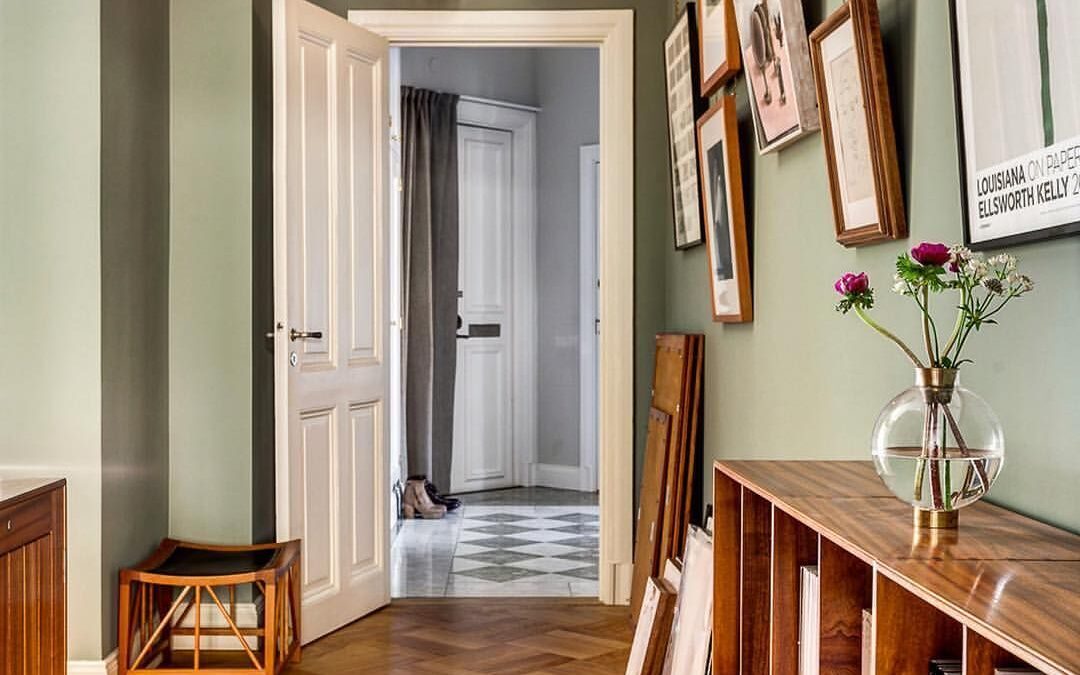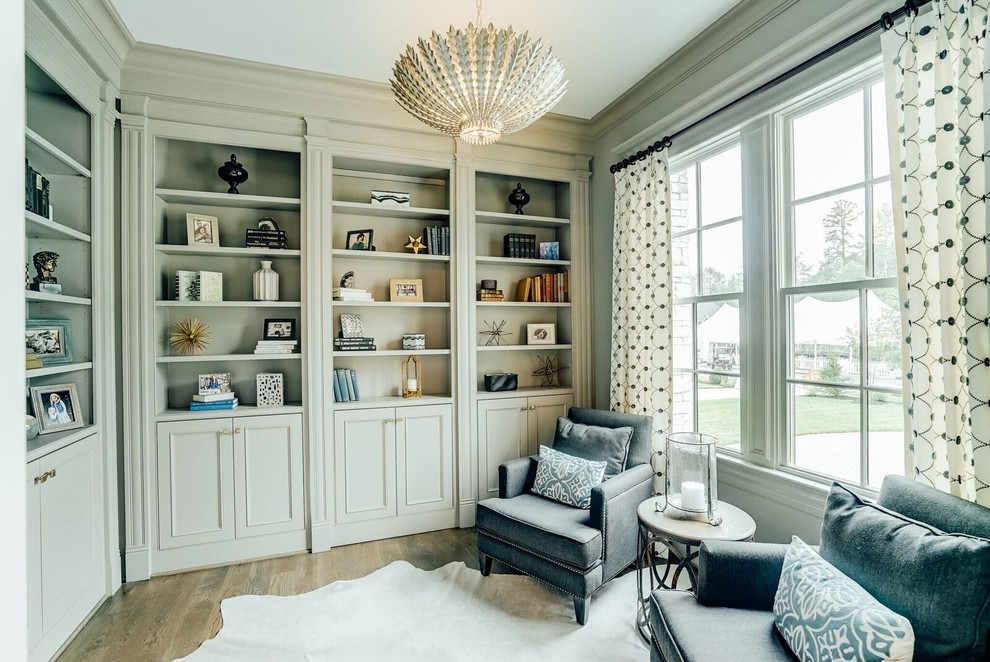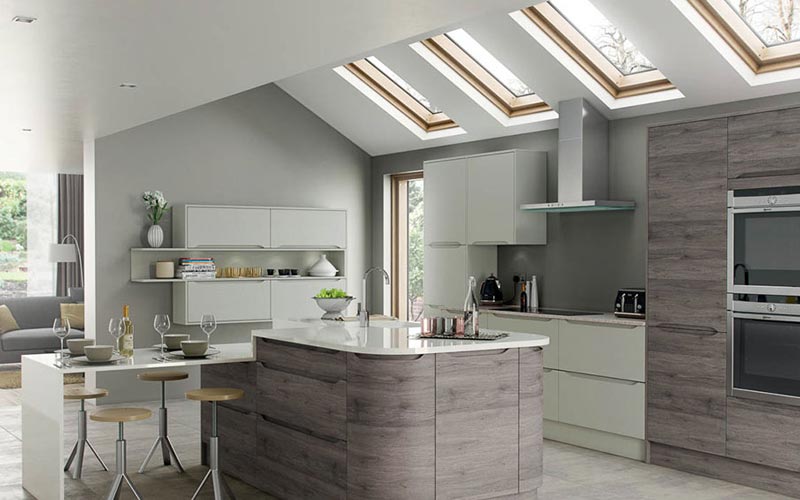Blogs and advice on Residential Property Management London

Is buy to let investment right for you
A buy to let property investment is right for you of you prefer investments that are more tangible than stocks and shares.
Are willing to tie up your money for a long period of time
You accept that property prices can go down as well as up
You are willing to take the risk that you may not earn a profit on your investment
You understand and accept the additional risks that go along with borrowing money to buy a property
You understand and accept the costs and time involved in owning and running a property and the impact that this will have on your potential return.
When you become a landlord, you’re effectively running a small business and this comes with important legal responsibilities.

What is a landlord property inspection
The main purpose of an inspection is to evaluate the overall condition of a rental property; specifically to check if everything is in good working order and reasonable state, both the interior and exterior. It’s also the perfect opportunity to ensure your tenants are behaving in an appropriate manner.
Inspections are typically conducted on a quarterly basis, but often reduced to bi-yearly after frequent positive inspections are conducted for the same tenants.
While it’s important to make regularly inspections, it’s equally as important not to make too many inspections as it could be deemed as harassment. In most cases, there isn’t a reason to make so many inspections, unless there are genuine repairs and maintenance issues that need attention.

How to keep good tenants
What are your expectations from tenants; contacting you when there’s an issue, always paying on time, respecting your property and the neighborhood. Finding great tenants can be easy, but once you lease your property, you need occupants who look after your property as if it is their own, you never want to see them move out.
For landlords, the turnover of tenancy period comes with expenses that range from cleaning costs to possible repairs. Loss of rent especially if you are relying on rental income to pay your mortgage, utilities, and estate agents fees can all add up.
Reducing or eliminating your turnover expenses by keeping good tenants longer could help you become a more profitable landlord. There are many advantages, including:
Having consistent rental income
Spending less time and effort preparing the unit for rent
Avoiding the uncertainty of bringing in a new tenant
Ensure to lease your property to the right person.

Leaseholders who are in process of selling but have unpaid service charges
It is assumed that any arrears owing at the point of the sale of a flat will pass to the incoming leaseholder. This view is incorrect and can present landlords with a debt that may be difficult to recover, once the outgoing leaseholder has moved on.
Who is responsible for service charge arrears?
In most leases, service charges will be payable in advance. The owner at the time that the charges are due is the only party liable to pay those charges.
Say for instance the lease requires the service charges to be paid annually, half-yearly or even quarterly in advance on the 1 January in each year. That leaseholder has sold their flat and the completion date is fixed for 14 January, just two weeks after the charges are due. Commonly, the outgoing leaseholder or his solicitors will tender payment for just the first 14 days leaving the incoming tenant to pay the remainder – it is after all they who will take the benefit. Where this happens the incoming leaseholder can decline to pay the remaining balance of the 1 January charges and accept only the charges accruing on the next year/half year or quarter, depending upon the lease, as they were not the lessee at the time of the demand and thus have no liability to pay that charge.

Importance of inventory at tenancy disputes
Experience shows that photographic and video evidence within your inventory can be vital in dispute cases.
Once you have embedded your photos or videos into the inventory, as well as signing it yourself, don’t forget that your tenant also needs to sign it to confirm their agreement.
Why should you use photographs and video to support the written inventory
There are still landlords, managing agents and inventory clerks who choose not to use photographs in their inventories. This may well be because they’ve never had an inventory issue arise. It is bet to have it and not need it than not have it when you need it. Visual content is more important than ever.
As a landlord, you will be aware that good quality photographic and video evidence is vital to help you demonstrate the extent of any damage or deterioration to your rental property during, and particularly at the end of a rental period. If you feel that it is reasonable to make a claim at the end of the tenancy, for things like cleaning, damage, or redecoration, then photographic or video evidence will assist in your negotiations with the tenant. In the unlikely event that you and your tenant cannot agree on the proposed costs and you need to use an alternative dispute resolution service, you will need to provide supporting evidence to an impartial adjudicator to support your claim.

Eviction ban extension for landlords
As it stand, a landlord can only gain possession if they have leave from the court or an exemption, which only applies to arrears of over six months, severe anti-social behaviour or domestic violence cases.
The purpose of this advisory guidance is to help landlords and tenants understand the implications of the Coronavirus Act 2020. The Act provides protection to social and private tenants by delaying when landlords can start proceedings to evict tenants. The provisions of the Coronavirus Act 2020, which increased the required notice period length, have now been extended through legislation.
Ban on commercial evictions extended to 30 June and bailiff enforced eviction ban extended to 31 May to protect residential tenants.
Business owners – many of whom have had to cease trading entirely during lockdown – are being given extra support after the government extended the ban on commercial evictions for a further 3 months, Housing Secretary Robert Jenrick announced today (10 March 2021).

How to prevent void periods on your rental property
Void periods is the period in time where your property is unoccupied usually because you are between tenants. Empty properties can cause problems if you have a mortgage to pay.
Maintain Your Property
Ensure your property is tidy, clean and in a liveable condition. Bathrooms and kitchens are key selling points of your property – Update them or revamp them if they need updating. Up to date properties attract the best tenants at a higher rate. Presentation of your property matters.
Start marketing early
Work with legitimate agents and if you are trying to market your property yourself then advertise at reputable websites and places. This will reduce void periods, it’s important to advertise your property as early as you can. As soon as your tenant has given their notice then you must start to advertise your property immediately.

How to find a contractor
Finding a good contractor is important when you add a room, renovate a basement or carry out repairs. A home improvement project gone wrong will cost you. Good advertising isn’t proof a contractor does quality work. Check with friends, neighbours, or colleagues who’ve had improvement work done, and check out a contractor’s reputation on online ratings sites you trust. Get written estimates from several firms and keep in mind the lowest bidder may not be the best choice.
How to find a contractor:
Depending on how big or complex a project is, you might hire a:
general contractor to manage all aspects of your project, including hiring and supervising subcontractors, obtaining building permits, and scheduling inspections
specialty contractor, who installs particular products like cabinets and bathroom fixtures
architect, who designs homes, additions, and major renovations — especially ones involving structural changes
designer or design/build contractor, who provides all services

